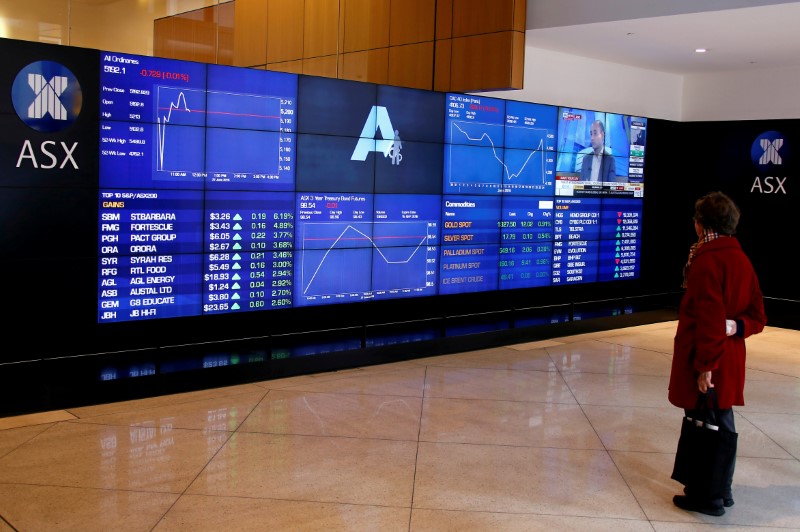The ASX Group’s Monthly Activity Report for September 2024 points to a considerable decline in public listings on the Australian Securities Exchange (ASX), which mirrors a broader trend seen in global markets.
Over the past year, the number of listed companies on the ASX has dropped from 2,219 to 2,124, a drop of 95 companies on 2023.
There have only been 15 new listings or initial public offerings (IPO) recorded, while 46 entities have delisted.
This might be written off as a short-term trend driven by economic headwinds and a retreat from the heavy regulatory oversight publicly listed stocks are subject to.
Trend across global markets
But the same long-term trend seems to be on the rise across global markets, including the world’s largest economy, the US, where the number of publicly listed companies has halved over the past 25 years.
Similarly, the London Stock Exchange has seen a 15% reduction in listings over the past decade.
This reduction in public listings is driven by rising costs, increased regulatory scrutiny, and the complexities associated with going public.
Some commentators say the alternative to public listing is private equity.
Instead of pursuing traditional public offerings, many companies are opting for private equity or venture capital funding, which offers greater flexibility and fewer regulatory burdens.
EQT Capital Raising managing director of Client Relations Martin Donnelly says that this shift reflects how companies are choosing to access capital.
Less exposure to market volatility
“With fewer public companies to choose from, investors can no longer rely solely on public markets for growth.
“By tapping into private capital, they can gain access to innovative sectors and high-growth opportunities that offer more resilience and less exposure to market volatility.”
One of the key points of difference between private and public equity is that private equity investors are usually paid through distributions rather than stock accumulation.
But the enduring advantage for public equity is its liquidity and dynamism – most publicly traded stocks are available and easily traded daily through public market exchanges.
Protection of public shares
There is also a level of protection and safety afforded by the transparency with which ASX-listers are required to operate.
And from a public policy perspective, the regulations and public scrutiny brought to bear on publicly listed companies means they are more accountable to the markets and the communities they serve.
Nevertheless, private markets have surged in importance, with data from JPMorgan (NYSE:JPM) showing that the number of private companies backed by private equity firms in the US has grown from 1,900 to 11,200 over the past two decades.
This trend underscores the growing significance of private markets as a critical source of innovation and value creation.
If the public market continues to retract, private equity will no doubt provide a compelling alternative for investors seeking growth opportunities in sectors often overlooked by public markets.
Donnelly added: "Private markets have evolved into a vital part of modern investment strategies, not only for portfolio diversification but also as a driver of sustainable, long-term wealth creation.”
